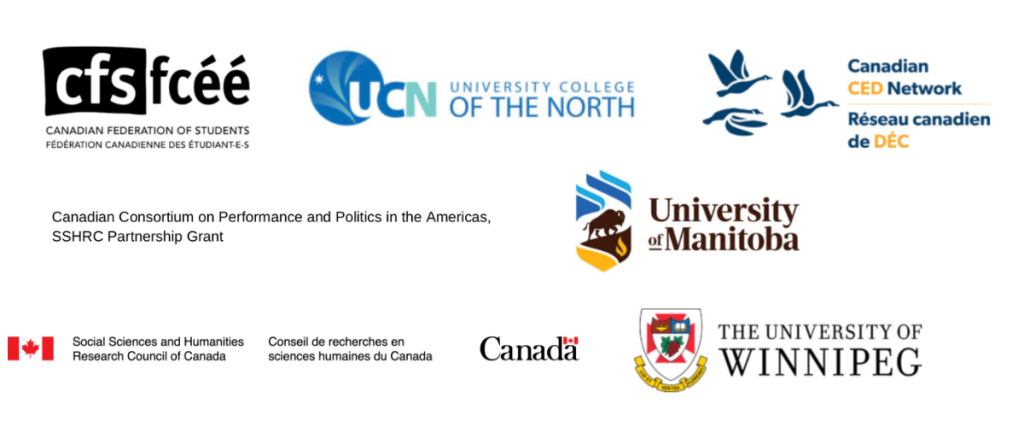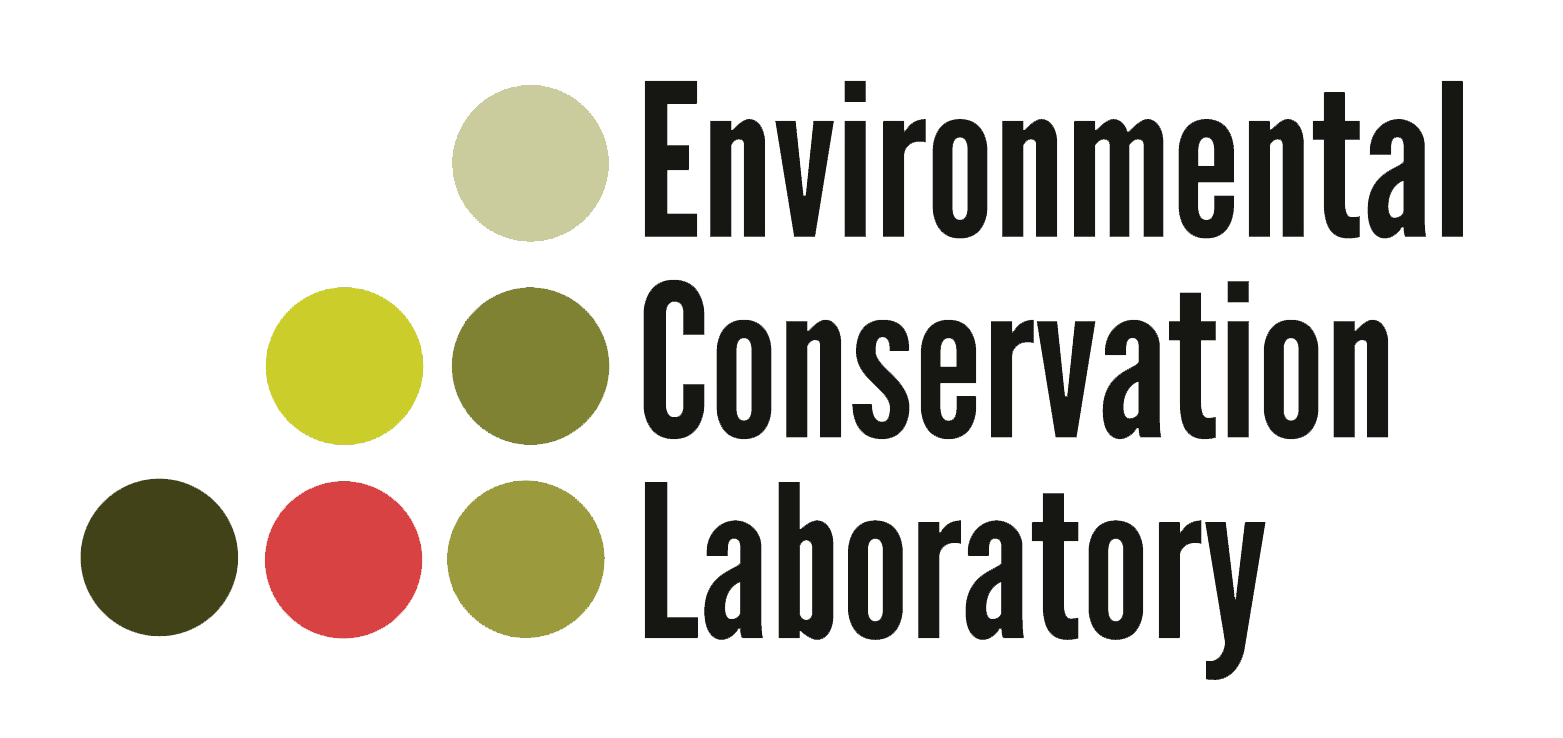Ki Ta Ski Naw Conference

The 2019 Ki Ta Ski Naw Conference took place from November 8th to 10th, 2019 in downtown Winnipeg at the University of Winnipeg. It brought together participants from Manitoba, British Columbia, Newfoundland and Labrador, the United States, Mexico, Latin America, and India to discuss the social, environmental, and economic impacts of hydro-development and explore solutions. ‘Ki Ta Ski Naw’ means ‘Our Land’ in Cree, and the theme for this conference was ‘Reflecting and Acting on Hydropower and Energy Justice’. The conference provided an opportunity for people experiencing similar struggles locally and globally to come together and recognize the common impacts of hydro development across borders. It was truly a chance to unite around a shared cause. The conference program can be accessed here.



Examining Cumulative Adverse Impacts of Resource Extraction and Development in Canada
Keynote Speakers: Senator Mary Jane McCallum, James Campbell & Anna Millest
In 2019, Senator Mary Jane McCallum put forth a request for a special investigation into the Office of the Auditor General of Canada to examine the cumulative adverse impacts of resource extraction and development in Canada. We were honoured to have Senator McCallum along with her colleagues James Campbell and Anna Millest participate in the conference. They shared insight into their experience throughout the conference, as well as the importance of their request for a special investigation. They emphasized the numerous challenges shared by those directly affected by hydro development and reminded everyone that by collaborating, we can pave the way for a brighter future.
In his plenary presentation, James Campbell speaks about how he got involved in his work, the Impact Assessment Bill, it’s hearing process and its implications on the communities in the prairies. James also speaks about making space for and giving a voice to Indigenous people and the environment surrounding the scope of resource extraction. He goes into the gendered impacts of Kettle, Long Spruce and Limestone mega-dams as a result of man-camps; the sexual violence and empowerment of women after violation of women’s rights.
In her presentation Anna Millest speaks about her experience throughout the conference especially regarding gendered impacts of hydroelectric development, exploring what gender-based analysis is and how it can be applied to natural resource development projects. Anna also looks into environmental justice issues surrounding the socio-economic impacts employment, housing, education and training, health, social services and infrastructure, substance use, sex work and exploitation, violence, food security, and culture and traditions. She purposes moving forward by including Gender-Based Analysis in Environmental Assessment processes and in all government policies, programs, and initiatives.


From Site C through Keeyask to Muskrat Falls
Featuring Speakers: Sarah Cox, Investigative Journalist and Author, Robert Spence, Tataskweyak Cree Nation, Denise Cole, Labrador Land Protectors & Connie Greyeyes, Fort Frances, British Columbia
This session for the 2019 Ki Ta Ski Naw: Our Land Conference took place on Friday, November 8th, at the University of Winnipeg.

A Discussion on Disparity in Hydroelectric Benefit-Sharing Across Canada
Featuring Speaker: Julio Lucchesi Moraes, Université de Saint-Boniface
In this presentation Julio Lucchesi visually presents a partial report on resource revenue sharing, innovative finance and economic reconciliation in hydro-affected Indigenous Communities in Manitoba. Julio provides examples of existing and planned dams in Canada to discuss the employment achievements/ prospects, business opportunities and profit-sharing included for First Nations, Métis and Inuit communities in these agreements.
Treading Water, As Long as the Rivers Flow: Legal Research and Legal Opinion on Aboriginal Land and Treaty Rights to Water
Featuring Speaker: Jared Wheeler, Jerch Law
Jerch Law set out to research and provide a legal opinion with respect to the broad topic of Aboriginal Rights to water in Canadian law, through a number of “legal tests” and different methods for potentially asserting and protecting Indigenous water Rights. They provided a legal opinion and memorandum that could perhaps provide a template for communities to utilize for assessing the likelihood of success for their own claims based on the assertion of an Aboriginal and/or Treaty Right to water.
Water as a Living Being/Respect/Indigenous Perspective on Energy and Ecological Justice
Featuring Speaker: Carl Wassilie Angut’aq, Yupik Biologist
In this presentation, Yupik Biologist, Carl Wassilie Angut’aq explores notions of respect for water, as a living being. He draws on Indigenous perspectives to undercover the importance of water, and shares stories of energy and ecological justice for water. Carl is a member of the Alaska Inter-Tribal Council and Alaska’s Big Village Network.
Writing Your Own Story: Journalism for Community Members
Featuring Speaker: Jonathan Ventura, Freelance Journalist
Journalism has the power to hold leaders accountable for their actions, but how can community members ensure journalism is exercising its true potential? This workshop explores: how journalism and newsrooms work; how to control your story in order to effectively communicate; what makes reporting in Indigenous communities unique; and hands-on tips for pitching and writing your own article. This workshop will leave community members better prepared for when a journalist calls or when you feel ready to write your own story.
Preparing for the Next Generation of Hydro Licensing
Featuring Speakers: Byron Williams, Patricia Fitzpatrick and Heather Fast (The Public Interest Law Centre (PILC), University of Winnipeg, Natural Resources Institute (NRI))
Over the last 45 years, hydroelectric development on the Churchill-Burntwood- Nelson system has had devastating and irreparable consequences on the North. The serial nature of the development agenda contributed to a patchwork system of environmental and waterpower licenses, involving an array of community agreements, monitoring arrangements and oft-extended interim licensing provisions. Access to a robust, publicly available historic documentation is fragmented, leading to an incomplete record of community initiative, as well as the corporate narrative. An important feature of the Water Power licensing system in the province is the inclusion of expiration dates. The purpose of this session is to initiate dialogue amongst potential intervenors in re-licensing applications.

Wa Ni Ska Tan: An Alliance of Hydro Impacted Communities Community Action Package
Attending conferences or rallies for a cause that is important to you often leaves you feeling inspired and ready to take action. With gathered new resources and connections, you might be feeling like you want to continue this work in your own community. Figuring where to start or how to begin can often seem intimidating. This package is meant to make it easier to begin channeling your energy into a cause, and provide you with some tools and ideas to help get you started.
Essays on Hydropower and Climate Change Issues of Sikkim
The eight essays featured in this book were first published as part of the “Spotlight” series in Gangtok-based English daily, SummitTimes, in 2018. The series was an attempt to highlight issues surrounding hydro projects and climate change in and around Sikkim. While ‘environment’ is often part of discussions in Sikkim at various levels, deeper investigations into what is happening on ground remain sparse. The series, therefore, hoped to draw attention towards the need for such enquiries and to underline their importance in understanding the impact of climate change and the environmental concerns of developing hydropower projects. The essays cover the beginnings of hydropower generation in Sikkim to climate change impacts on the ground, stories we hope can add to and explain the already existing knowledge on these subjects.
Edited by Tshering Eden and Pema Wangchuk
Activists’ Stories Of Resisting Hydropower Projects
This book presents the stories of six hydropower related movements in the Eastern Himalayas. Two of the authors are from Nepal, while the others live in various states in the Northeastern region of India. The conflicts these actors are part of and described here are at various stages in their life cycles with the Ithai barrage in Manipur being operational for decades to the West Seti hydropower project being stalled at the land requisition stage, now for two decades since the first Memorandum of Understanding was signed between the Government of Nepal and West Seti Hydropower Limited. The means of protest range from hunger strikes in the Teesta basin to impounding turbines in Subansiri. One very effective way in which the protesters prevented work progressing on the Lower Subansiri Dam was by preventing the passage of construction material to the site. At one point, they impounded the trucks carrying turbines and so stalled work. All this diversity is reflected in the chapters that the authors have drafted.
Denouncing Vale’s Crime Through the Lens of Workers
We face a new crime where, once again, thousands of people were affected, and hundreds of people lost their lives. In Brumadinho, Minas Gerais, the collapse of Vale’s tailings dam devastated nature, and one month after, it is still not possible to fully measure its impact. Three years after the collapse of the Fundão tailings dam in Mariana, also located in Minas Gerais, Vale who is yet unpunished does not hesitate in causing new crimes. Vale is, therefore, recidivist and responsible for another social, environmental and economic tragedy. This document aims at denouncing Vale’s crime through the lens of workers. We, people affected by dams who suffer the continuous violation of our rights, denounce the destruction and appropriation of natural goods, the exploitation of workers and the disrespect for communities by companies for the purpose of generating extraordinary profits.



